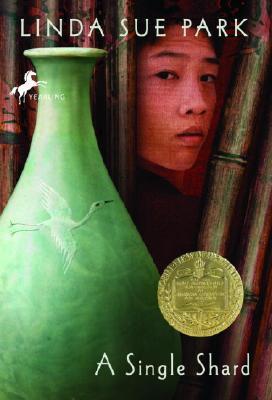TL;DR
The Crucible by Arthur Miller is a fictionalized account of the Salem witch trials, exploring the devastating effects of mass hysteria and groupthink in a puritanical society.
What is The Crucible about
The Crucible, by Arthur Miller, is a haunting examination of groupthink and mass hysteria set in 1692 Salem, Massachusetts. The play follows the escalating tension in the village as accusations of witchcraft spiral out of control. It provides a powerful commentary on the dangers of blind faith, personal vendettas, and the loss of individual morality in the face of collective evil. Premiering in 1953, the play was a response to the contemporary McCarthy-era witch hunts in America, making it a timeless reflection on the perils of societal paranoia and scapegoating.
The Crucible 6 Key Takeaways
Accusation of Witchcraft
The play begins with Abigail Williams accusing Elizabeth Proctor of witchcraft to exact revenge for Elizabeth's dismissal of her from the Proctor household.
Escalation of Hysteria
As Abigail's accusations grow, more villagers are arrested, leading to a climate of fear and suspicion. The court, led by Judge Danforth, blindly accepts evidence of witchcraft without scrutiny.
John Proctor's Struggle
John Proctor, Elizabeth's husband, attempts to expose Abigail's deceit, but his own past indiscretions complicate his efforts. His moral struggle becomes central to the play's thematic exploration.
The Court's Blindness
The court's refusal to believe Proctor's confession of his affair with Abigail highlights the dangers of institutional power when it disregards individual testimony and reason.
Elizabeth's Arrest
Elizabeth Proctor is arrested based on a fabricated evidence. This event further illustrates the destructive power of false accusations.
Proctor's Sacrifice
Ultimately, John Proctor chooses to save his integrity over his life, refusing to falsely confess to witchcraft. His execution marks the tragic culmination of the hysteria.
Top The Crucible Quotes
- "Because it is my name! Because I cannot have another in my life!"
- "We are what we always were in Salem, but now the little crazy children are jangling the keys of the kingdom."
Who should read The Crucible?
This book is ideal for those interested in historical drama, ethical dilemmas, and societal critiques. It provides profound insights into the dangers of mass hysteria and the importance of personal integrity, appealing to readers of classic literature and history aficionados.
The Crucible Best Reviews
- "A drama of emotional power and impact." —New York Post
People also liked these summaries
The Crucible FAQs
What is The Crucible by Arthur Miller short summary?
The Crucible is a fictional play based on the Salem witch trials in Salem, Massachusetts, in 1692. It tells the story of a village engulfed in a witch hunt, leading to widespread fear and false accusations.
Is The Crucible a scary book?
The Crucible is a dark and chilling play that examines the events leading up to the 1692 Salem witch trials, creating a sense of dread through its exploration of mass hysteria and groupthink.
What is the main idea of The Crucible by Arthur Miller?
The Crucible examines the real consequences of false accusations based on blind religious faith, depicting the dangers of baseless rumors and mass hysteria through the lens of the Salem witch trials.
